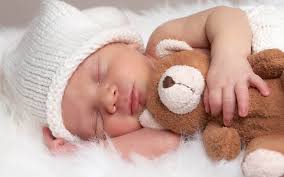born
英 [bɔːn]
美 [bɔːrn]
- v. 出世(bear的过去分词)
- adj. 天生的
- n. (Born)人名;(柬)邦;(英、西、俄、捷、德、瑞典、匈)博恩
使用频率:

记忆方法
将“born”与“born to succeed”这个短语联系起来记忆,想象某人天生就注定要成功,这样就能记住“born”意味着“出生的”或“天生的”。
以上内容由AI生成, 仅供参考和借鉴
英语词源
- born
-
born: [OE] The Old English past participle of the verb meaning ‘bear’ was boren. By Middle English times this had become contracted to born(e), but no distinction in meaning was made on the basis of spelling. This did not come about until around 1600, since when born has become established as the obstetric orthography, while borne remains the straightforward past participle of bear ‘carry’.
=> bear - born
- Old English boren, alternative past participle of beran (see bear (v.)). Distinction between born and borne is 17c.
权威例句
- 1. He was born and grew up in the Flatbush neighbourhood of Brooklyn.
- 他出生在布鲁克林的弗拉特布什一带,并在那儿长大成人。
- 2. She was born in the middle of a rain storm.
- 她出生在一场暴风雨中。
- 3. Almost 80 percent of the state's residents were born elsewhere.
- 该州居民中几乎有80%出生在异地。
- 4. Many children are now born into or raised in one-parent families.
- 现在很多孩子在单亲家庭中出生或成长。
- 5. I think he was born to be editor of a tabloid newspaper.
- 我觉得他天生就是当小报编辑的料。